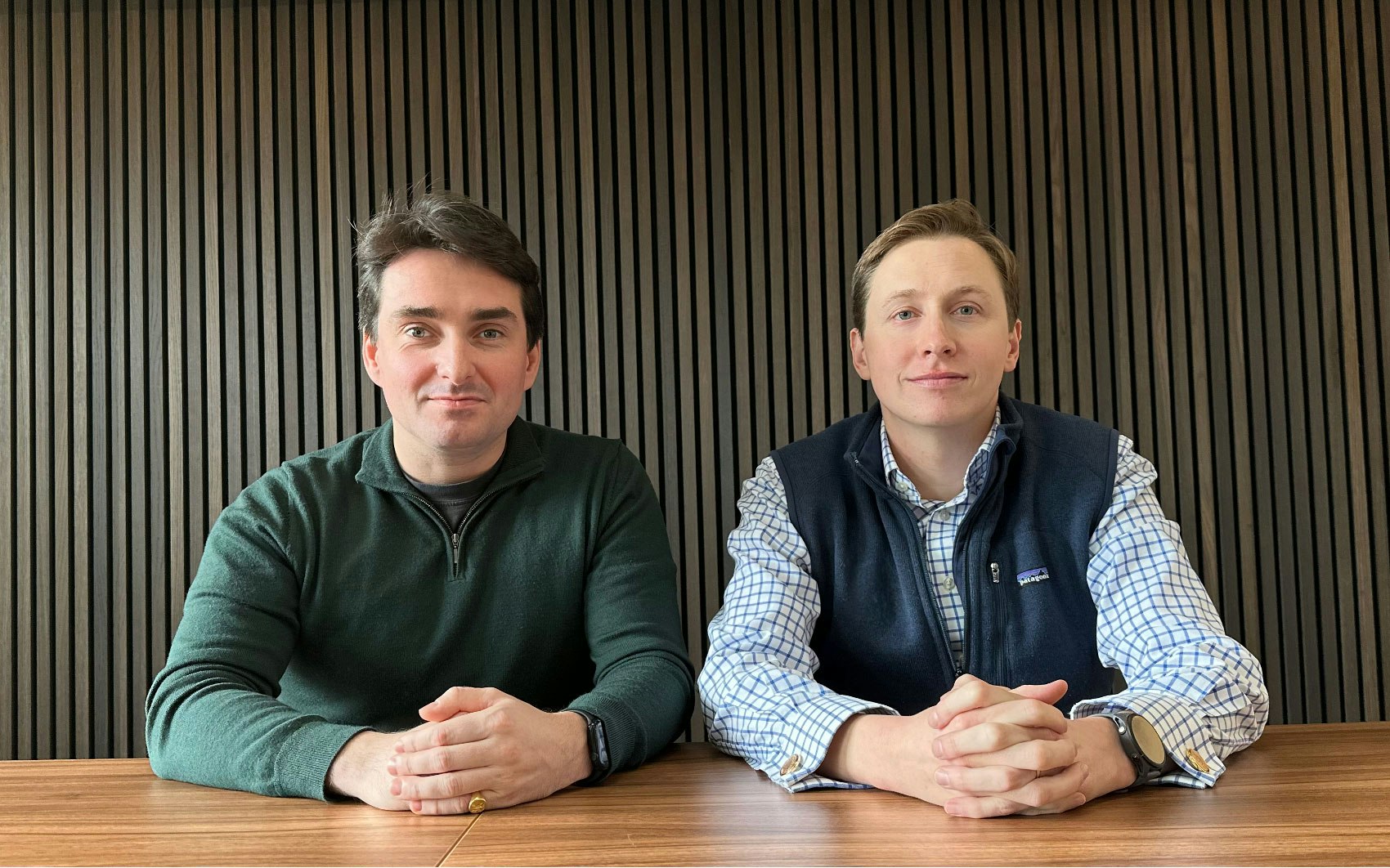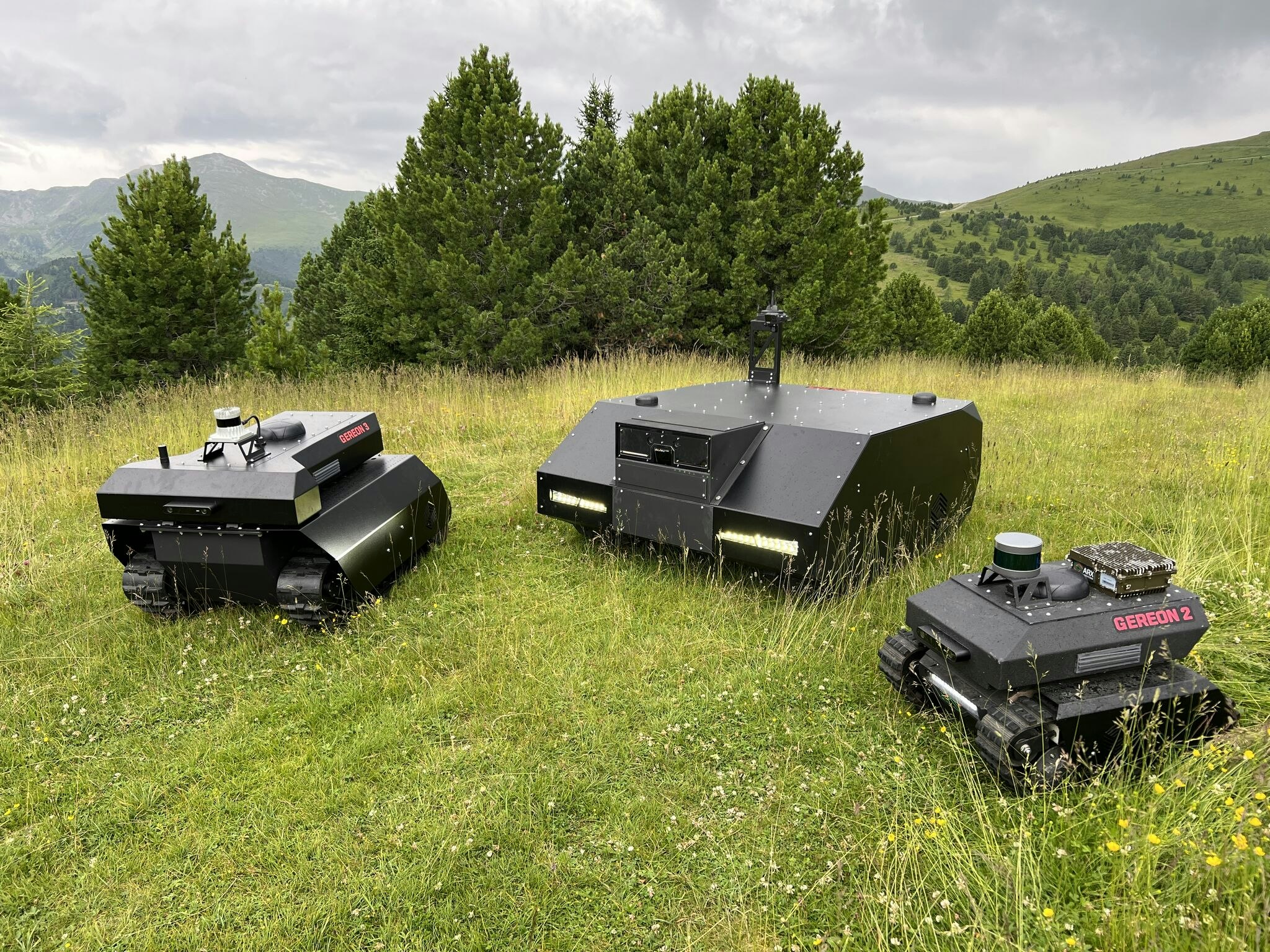European leaders are heralding a new era for defence tech, rolling out large-scale funding initiatives to grow the ecosystem and boost home-grown defence giants.
“Europe should strive to develop and manufacture the next generation of battle-winning operational capabilities,” European Commission president Ursula von der Leyen told the European Parliament during a debate in February. “That means turbo-charging our defence industrial capacity in the next five years.”
The Commission is also rolling out its first ever defence industrial strategy, setting a goal to procure 40% of its defence equipment among EU member states by 2030, with 50% of equipment being procured within the bloc.
“A continental defence market should create opportunities for every defence player,” Commission executive vice-president Margrethe Vestager told a press conference in Brussels on Tuesday. “Some of the most innovative companies are small players, coming from the civilian side, whose products can help give our militaries an edge.”
But there’s a spanner in the works.
The institutional investors who back VCs, grappling with ethical concerns and red tape, aren’t quite as keen to invest in the sector as founders and politicians anticipated following Russia’s invasion of Ukraine.
Investments haven’t seen a meaningful uptick in recent years — there were just 64 defence tech deals done in Europe in 2023, and 63 in 2022, according to PitchBook.
“We need more private capital to make this dream realistic,” says Nicholas Nelson, general partner at London-based VC MD One Ventures.
Pumping public money
Public money, meanwhile, is flowing freely.
The Commission is considering allowing funds from its €95.5bn Horizon Europe programme for R&D to support companies working on dual-use technology — meaning they can be used for both commercial and military functions.
NATO is expected to announce the first startups that will benefit from its new €1bn defence fund soon, and local initiatives such as the UK’s National Security Strategic Investment Fund are pumping cash into funds of funds and startups.
The EU also plans to set up an office for defence innovation in Kyiv, aimed at helping EU countries learn from technologies being used in the defence of Ukraine.
And governments’ focus on defence tech is unlikely to soften anytime soon; Von der Leyen anticipates defence tech will also be a priority of the incoming EU executive, and has urged EU member states to back a proposal by the European Investment Bank to support European defence tech projects.
“I would like to encourage our public and private lenders to support our defence industry and in particular small and medium enterprises,” she told MEPs.
Founders are listening
Founders have been paying attention. MD One Ventures, which has been investing in pre-seed to Series A security and defence startups across Europe and Israel since 2021, has been flooded with hundreds of calls per week from entrepreneurs motivated by the messaging from governments and organisations like NATO.
Nelson says it’s seeing between four and five times the number of deals compared to 2022.
Other VCs have witnessed a similar uptick. “We sometimes reflect in our investor conversations that even though the likes of Putin and Xi Jinping are not formally part of the GALLOS team they are global coheads of marketing,” jokes Josh Burch, cofounder of GALLOS Technologies, another London-based VC firm investing in early-stage security tech startups.
But it’s not all ‘quality’ dealflow. MD One’s Nelson says the buzz around defence tech has led many deeptech founders to reclassify their products as dual-use to make them more investable for VCs.
“[Defence tech] is turning into a buzzword,” he says. “We’re seeing a lot of people who would have never touched defence but may have sold [something smart] to a government once upon a time, now saying ‘oh I do defence too’.”
“That’s not helping the conversation, the dialogue or the ecosystem; if anything it is muddying the waters.”
Nelson says specialist firms like MD One prefer to invest in startups that are “defence-first or defence-significant” with serious military applications.

Dual-use only
Most VCs can only invest in ‘dual-use’ technology due to their LP agreements, which restrict them from investing in weapons.
Project A is one of the few German VC firms that is loud and proud about investing in dual-use. Its portfolio includes drones company Quantum Systems and ARX-Landsysteme, which builds robots designed to help soldiers deceive enemy teams by imitating gun sounds or distracting them with laser beams. Other prominent dual-use tech investors include Vilnius-based ScaleWolf and Germany’s HV Capital and DCTP.
Defence tech is also attracting new investors, such as Pablo Casado, former leader of Spain’s right wing Popular Party. In January he launched the Hyperion Fund for cybersecurity and defence tech startups, with a target size of €150m. The fund’s advisory council includes the likes of NATO’s former secretary general Anders Fogh Rasmussen and defence giant SAAB’s chief innovation officer Rob Murray.
Whether those newbies will succeed in closing their funds is another matter, says William McManners, managing partner at MD One Ventures. “We’ve seen a lot of people trying to raise funds by being very public but that doesn’t work because the market itself is very small,” he says, pointing out that there’s still a limited number of quality defence tech startups in Europe.
There’s also a limited number of LPs that VCs investing in defence can raise from — primarily family offices and high net-worth individuals.
“When you go to the US there’s this real sense of a very integrated ecosystem of government, defence and security buyers, investors and quite patriotic mission-focused family offices investors,” says Burch, of GALLOS Technologies. “There’s a real virtuous circle. Whereas in the UK and Europe you don’t have the same intensity of mission-aligned conversations.”

US investors are, however, ready to lend a helping hand to European defence startups. General Catalyst led Helsing’s €209m Series B round last September — the largest European AI defence tech startup.
And Rob Taylor, founder of 4GD, a British defence tech startup that commercialises interactive robots for military training exercises, says he’s almost closed a Series A round, with the vast majority of the capital expected to come from US investors.
Europe needs to “add a zero” at the end of every investment round into defence tech startups in order to compete with US companies.
“Investors are still trying to apply rules from other markets onto defence. I think defence requires bespoke, knowledgeable and long-legged investors that are happy to sit for 10 years,” Taylor says. “It’s just going to take a brave investor to invest in a missile system from an attack helicopter or whatever it is. That could be the moment defence has changed — when actual, genuinely difficult-to-talk about, not particularly pleasant technology is invested in.”
Contributing reporting: Anne Sraders and Miriam Partington.


